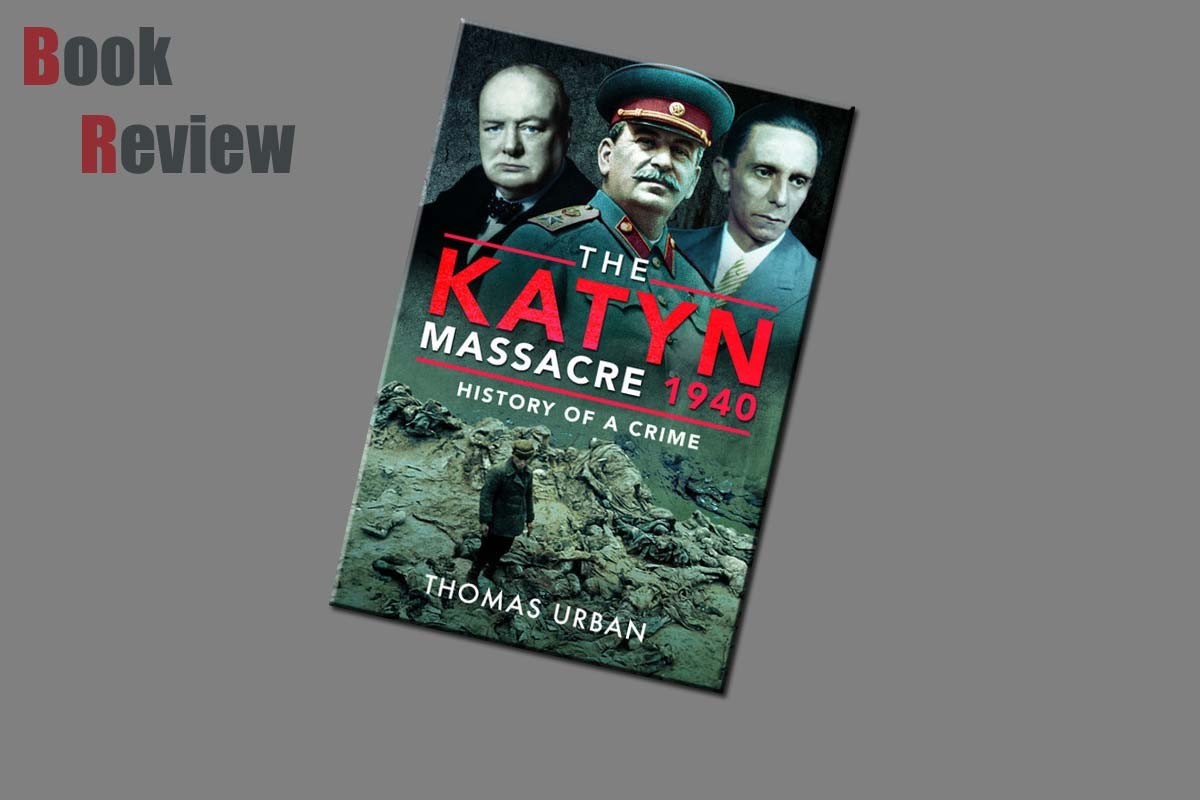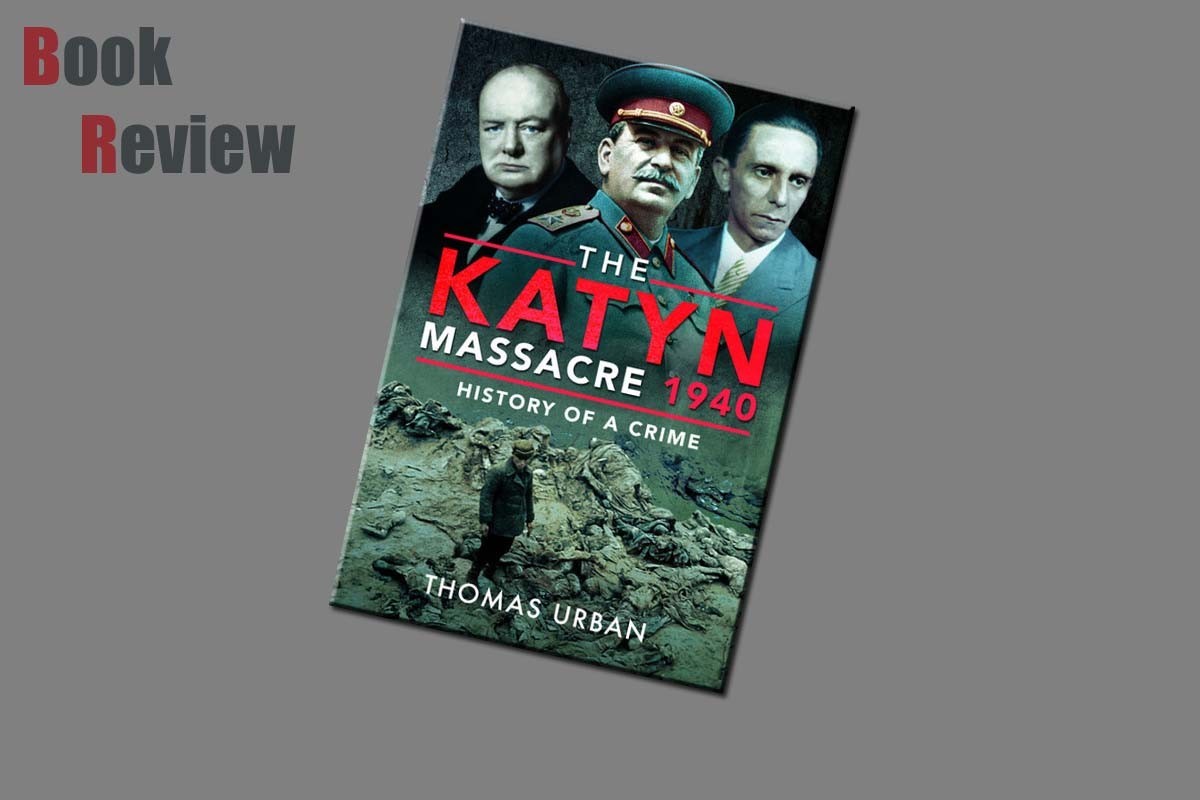
Introduction
The following is taken from the Pen and Sword website:
In the spring of 1940, Stalin‘s NKVD executed 22,000 Polish officers, ensigns and state officials near the Russian village of Katyn and other places. When Wehrmacht soldiers discovered some of the graves three years later, the Soviets succeeded in convincing US President Roosevelt of the German perpetration.
British Prime Minister Winston Churchill had no clear picture of the crime, and therefore made no public comments. Using thousands of recently released US documents, this book refutes the popular thesis that the Western Allies deliberately lied about the Katyn case in order not to endanger the alliance with Stalin.
As well as consulting Polish and Russian documentation on this war crime, for the first time, the diaries of the Nazi Minister of Propaganda Joseph Goebbels, who wrote a great deal about Katyn, have been examined.
Completely new for research is the role that Hitler's opponents in the Wehrmacht played in solving the crime: at the Nuremberg trial they convinced the US delegation that the executors were not from the SS, but from the NKVD.
Nevertheless, it took until 1990 for Kremlin chief Gorbachev to admit Soviet responsibility. Today in Putin's Russia, however, there is a tendency once more to keep quiet about the crime or even to blame the Germans.
Review
This hard back book from Pen and Sword is authored by Thomas Urban, looks at the Katyn massacre of1940 and uses recently released documentation to finally bring to a close who committed these crimes be it the Soviets or the Germans - as both sides were blaming each other. The information is presented over 296 pages and 70 black and white illustrations.
The contents are presented as follows:
Chapter 1 Attacks from West and East
Chapter 2 Caught in a Devastated Monastery
Chapter 3 Germany to Death
Chapter 4 Futile search for the missing Officers
Chapter 5 Discovery of the Mass Graves
Chapter 6 Gobbels wedged between the Allies
Chapter 7 The dilemma of the Poles
Chapter 8 Failure of the Nazi Campaign in the West
Chapter 9 Isolation of the Polish Government in Exile
Chapter 10 Burdenko’s Report
Chapter 11 Persecution of Annoying witnesses
Chapter 12 Defeat of the Kremlin in Nuremberg
Chapter 13 Cold War and Realpolitik in the West
Chapter 14 Fakery and Oppression in the Eastern Block
Chapter 15 Gorbachev’s Errors and Tricks
Chapter 16 From co-operation back to confrontation
The author takes this story from the beginning and follows through documentation almost until today, and endeavours to present all the information in a matter of fact way for the reader. The guilt for these crimes where 22,000 plus Poles lost theirs lives was finally laid at the door of Stalin, due to Gorbachev admitting that Soviet forces where guilty of these atrocities. The information in the book, is presented in a chronological order and so enables the reader to get a balanced, and informed presentation of the data relating to this crime.
From the time the graves were discovered, the Germans used the mass graves to try and drive a wedge between the Eastern and Western Allies. The Soviets meanwhile used the story as a sign of the brutality of the Germans. In some ways what little I knew of this atrocity I always laid it at the Soviets door, due to the story of the destruction of the ghettos, Jews and anyone else the Nazi Party saw as a threat. It is well known that it made little or no sense to cover this one up. The admittance of the Soviet State in the 1990’s seemed to finally bring this history to a close. However, due to recent changes blame is again being pushed towards the Germans, and so the confusion over these crimes is again being sawn.
Conclusion
This offering from Pen and Sword written by Thomas Urban, for me presents everything I needed to know about these crimes in a manner that makes it understandable, and clears up the fog surrounding these events. From the Germans using it in an attempt to separate support between the Eastern and Western allies, to the Soviets to indicate the brutality of the enemy this crime had gone on un-resolved for 50 plus years, until the Soviets admitted responsibility in the 1990’s, moving along to today where the new Russian government is again creating fog over the crime.

